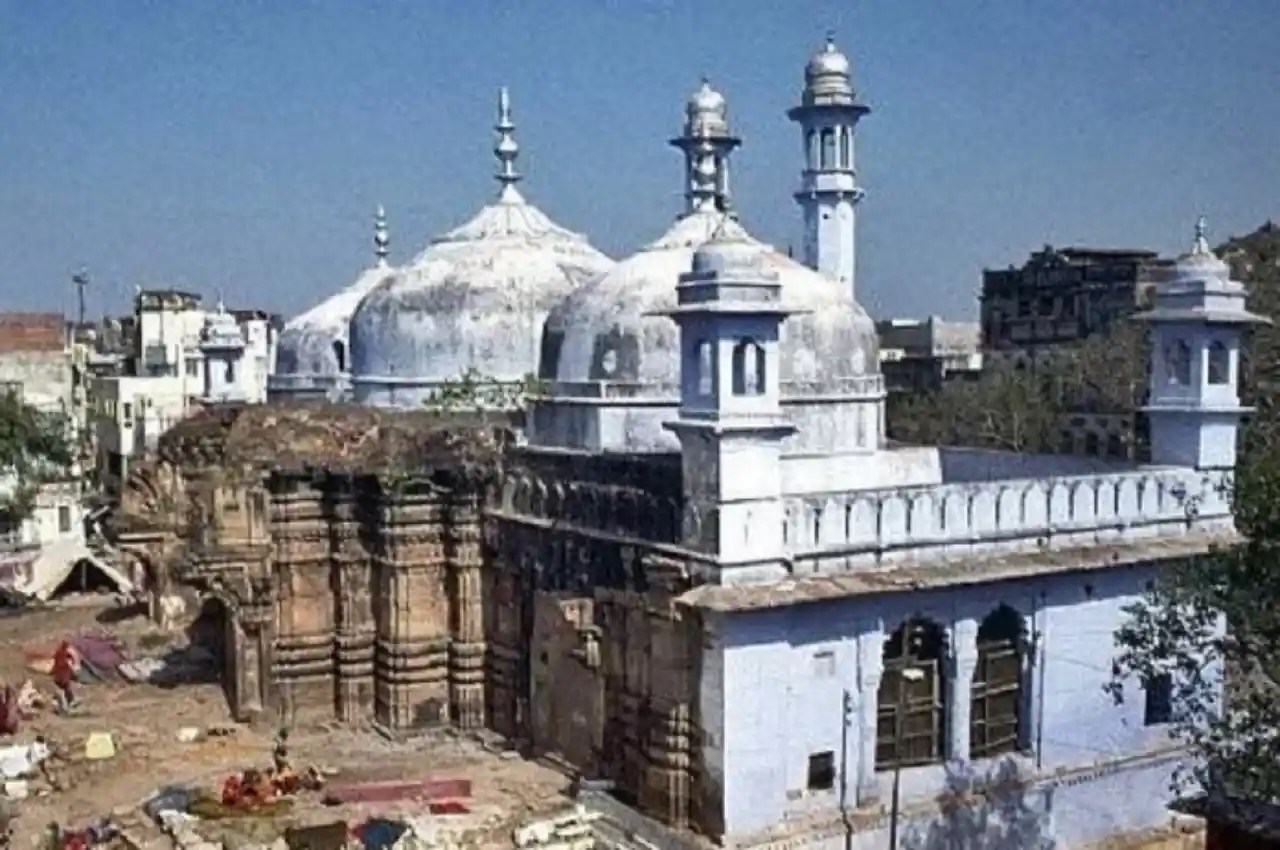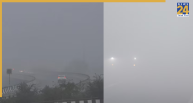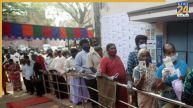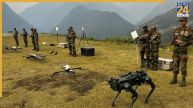Gyanvapi Mosque: Varanasi’s Gyanvapi Mosque management committee on Wednesday asked Allahabad High Court to put stay on the survey by Archaeological Survey of India (ASI) saying that they fear the historic structure might fall.
The statement prompted a sharp response following which the court questioned the management committee that how will they trust the court’s ruling if they don’t even the trust the ASI’s assurances that there will no damage to the structure.
The management committee counsel said that the Gyanvapi mosque has been there for more than 1,000 years now, next to the iconic Kashi Vishwanath temple.
Furthermore, the Hindu side has asserted that a temple was constructed at the same location in 1585, which was later demolished in 1669. The differing historical claims have contributed to the complexity of the ongoing dispute over the Gyanvapi Mosque in Varanasi.
On the other hand, the Hindu side has expressed its trust in a survey similar to the one conducted during the Ayodhya Ramjanmabhoomi case, but the mosque committee contends that the circumstances in the Ramjanmabhoomi dispute case were different, and it is not appropriate to draw comparisons between the two cases.
Read more: Woman allegedly mixes cobra poison in beer to murder boyfriend
However, the Supreme Court on Monday halted the survey at the Gynavapi complex carried out by the ASI in compliance of a verdict passed by the Varanasi District Court on July 21.
A bench headed by Chief Justice of India (CJI) DY Chandrachud allowed the Muslim side time to approach Allahabad High Court. Therefore, the stay will continue till 5 pm on July 26. Responding to the news, DM Varanasi said they will abide by the Supreme Court’s order.
Meanwhile, the local court has ordered a survey on July 21, scheduled to begin at 7 am, which will cover all areas except the sealed “wuzukhana.” Hindu litigants claim that a structure containing a ‘Shivling’ exists in the sealed area.
The ASI has been directed to submit the report to the district court by August 4.
The court’s decision was prompted by a petition filed by a group of women asserting that the mosque was constructed over a pre-existing structure of a Hindu temple.
In May, the Supreme Court had postponed the “scientific survey,” which involved carbon dating, of a “Shivling” that was reportedly discovered at the Gyanvapi mosque complex during a videographic survey conducted last year.
Additionally, the court had issued an order to seal the ‘wazukhana’ area.
In May 2021, the Varanasi court ordered a “scientific survey” of the Gyanvapi Mosque, including carbon dating, to determine if there was any pre-existing structure of a temple beneath it. The survey was deferred by the Supreme Court of India. The court has also ordered the sealing of a specific area in the mosque known as the “wazukhana” until the matter is resolved.
What is Carbon Dating?
Carbon dating is a scientific method that helps determine the age of objects, plants, dead animals, or fossil remains. By analyzing the amount of radioactive carbon-14 in the samples, scientists can estimate the time since these materials were last alive. This technique has been instrumental in understanding the history of objects, as well as the process of evolution of different species over centuries.













